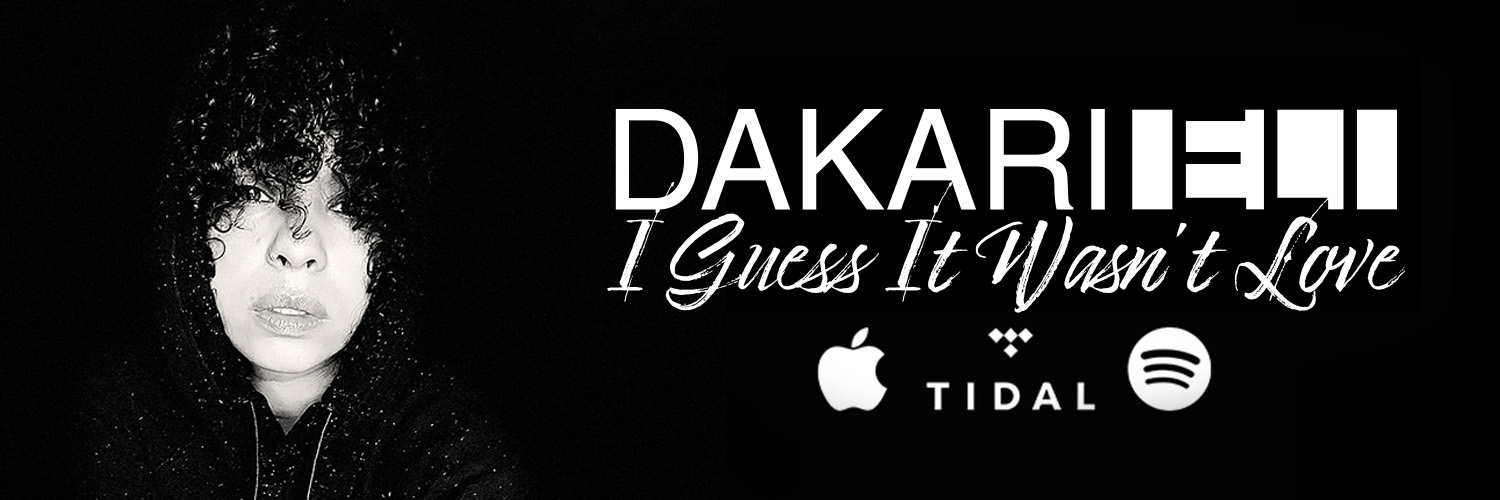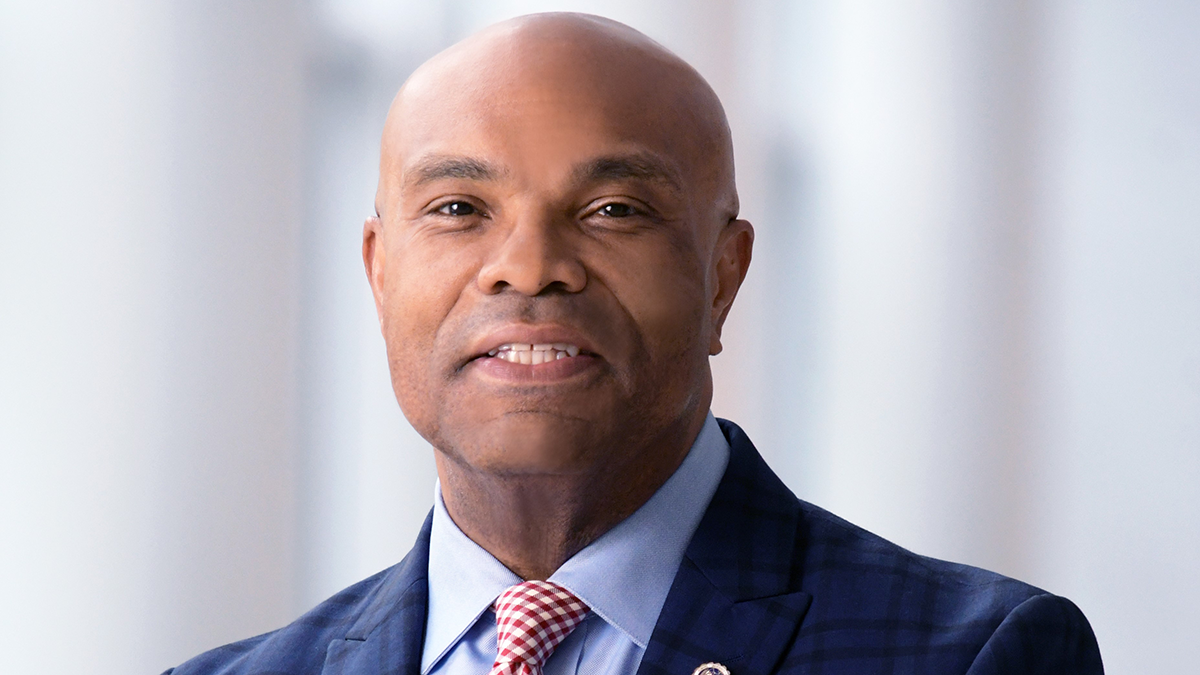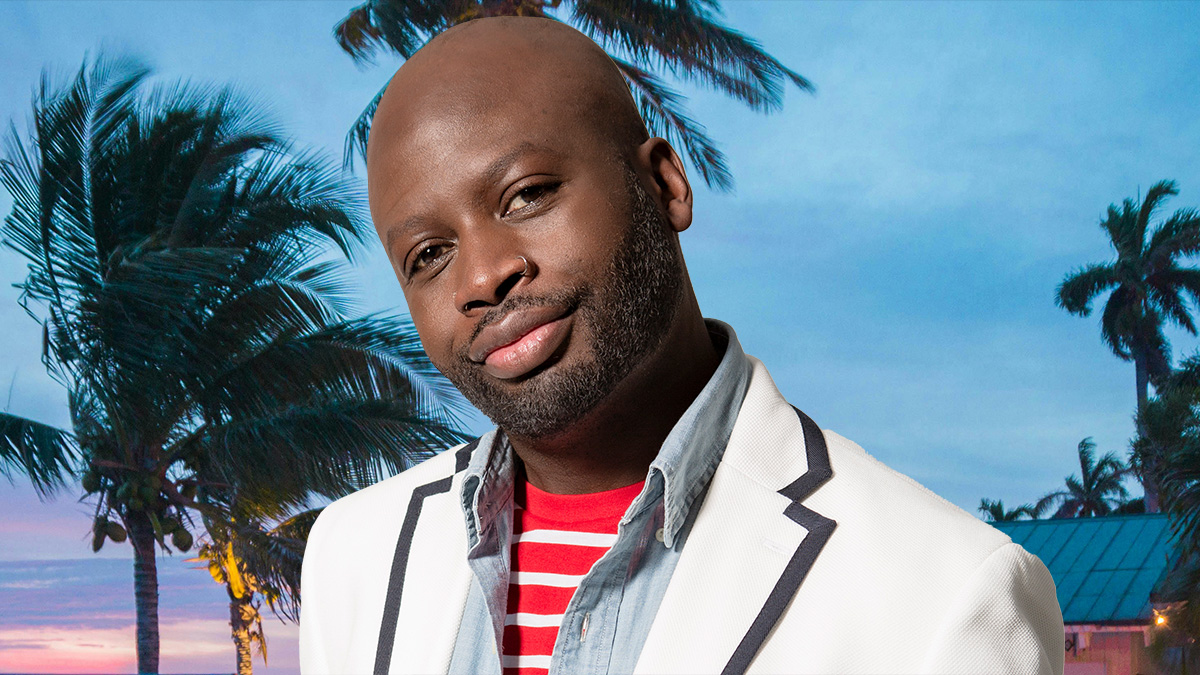I applied for an executive assistant position at a boutique company years ago. During the H.R. phone interview, I was told I had to take a personality test to see if I would be the “right fit” for the position and the company. Although I’ve never taken a personality test, I agreed to do so and was emailed the link shortly afterward.
According to Enneagramtest.net, the Riso-Hudson Enneagram Type Indicator (RHETI), is a personality system that categorizes individuals into nine distinct personality types. Each type is based on its motivations, emotions, and behavior patterns listed in the chart below:
| Type 1: The Reformer Rational, Idealistic Type: Principled, Purposeful, Self-Controlled, and Perfectionistic | Type 2: The Helper Caring, Interpersonal Type: Demonstrative, Generous, People-Pleasing, and Possessive | Type 8: The Challenger Powerful, Dominating Type: Self-Confident, Decisive, Willful, and Confrontational |
| Type 4: Individualist Sensitive, Withdrawn Type: Expressive, Dramatic, Self-Absorbed, and Temperamental | Type 5: The Investigator Intense, Cerebral Type: Perceptive, Innovative, Secretive, and Isolated | Type 6: The Loyalist Committed, Security-Oriented Type: Engaging, Responsible, Anxious, and Suspicious |
| Type 7: The Enthusiast Busy, Fun-Loving Type: Spontaneous, Versatile, Distractible, and Scattered | Type 8: The Challenger Powerful, Dominating Type: Self-Confident, Decisive, Willful, and Confrontational | Type 9. The Peacemaker Easygoing, Self-Effacing Type: Receptive, Reassuring, Agreeable, and Complacent |
A 9-pointed geometric symbol represents the nine types, the enneagram, that depicts how each type is interconnected with others and is used for self-discovery, personal growth, and improved relationships:

When I took the test, I answered the questions truthfully, and when I was given my results, guess what type my top score was: Type 8: The Challenger (25 points), Type 1: The Reformer, and Type 7: The Enthusiast tied for second place (21 points).
As I continued to research, I discovered that one of the essential components of the Enneagram theory is the concept of triads, which are based on the three centers of intelligence—the head, the heart, and the gut—and the nine personality Types are put into three groups of three. Each triad is associated with a particular way of experiencing and processing emotions and information. I fell into the “Gut Triad” (Types 8, 9, and 1), associated with the body and instinctive center of intelligence.
As I continued reading, I discovered that individuals in this triad tend to be more in touch with their physical sensations and gut reactions. They are driven by a need for control and self-preservation; their core emotion is anger.
Anger? To be honest, I cogitate—yes, be vindictive—occasionally, but display anger; what would it solve? Then it occurred to me: What did H.R. think as I entertained myself with the possible cons of why the test was given—conflict resolution partnered with team dynamics to ensure the “right fit”?
Later the next day, H.R. offered me the position. The hiring manager loved that I was Type 8: The Challenger, someone who was strong, assertive, resourceful, straight-talking, and pragmatic—a gatekeeper; to the contrary, I can also be domineering, cynical, defiant, blunt, and vengeful (according to the Enneagram Test, of course). As a gatekeeper, I view that as unwelcoming or standoffish, which I’ve never been in any of my positions. My self-perception is that I am a gateway, an approachable person who doesn’t mind communicating, but I digress.
Why is this personality test important to some employers, and what is an example of a bad result when hiring? I admit that I am not a scientist, so to avoid the Dunning-Kruger Effect and appearing self-proclaimed, I will stay in my lane by responding with what I know.
One could argue that some employers use RHETI as a filtering mechanism for candidates they don’t want for whatever reason. Yet, those same employers don’t use RHETI for other positions (e.g., low-level admins, customer service reps, or custodians) because they view those skills as easily replaceable; again, I digress.
To address the second inquiry, an example of a bad hiring result when using RHETI is that some people know exactly how to respond on tests such as these—the employer doesn’t know whom they’re getting. However, contrary to that, what if the employer does hire the type they want and gets more than what he/she bargains for? Allow me to elaborate further…the types I would hire as an executive assistant would be the Peacemaker, Loyalist, and Challenger (since I did get the position). We know their pros; however, let’s entertain their cons:
- Peacemakers may struggle with assertiveness, making it challenging to advocate for themselves or assert boundaries. An E.A. must not be afraid to step up to the plate to handle whatever may come.
- Loyalists’ tendency to worry and anticipate problems could lead to overthinking or indecisiveness. With deadlines approaching, an E.A. doesn’t have the time to continually second-guess his/her decisions.
- Challengers’ assertiveness can sometimes come across as aggressive, which may not always be appropriate in a supportive role. One must remember that one is an extension of whom one supports; therefore, one must ease up to maintain harmonious relationships.
With that being considered, all Enneagram types are generalizations, just like zodiac signs, and can be employed in any position if they’re qualified. Although we may have some of the types’ characteristics, we don’t have them all. Our personalities come into play.
Click here to learn more about the other triads, discover additional information regarding the types, or take the RHETI. If you question the results, review it with those who know you…You may be surprised at what you discover.
Bernina M. Moore












